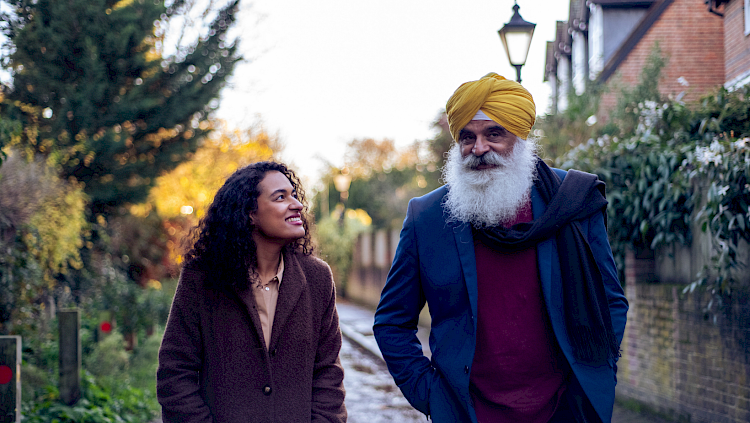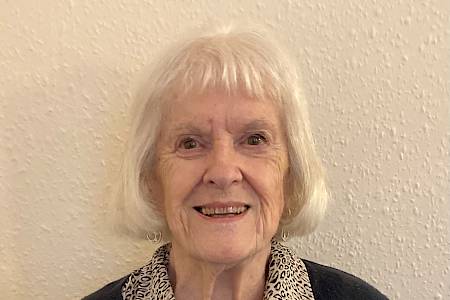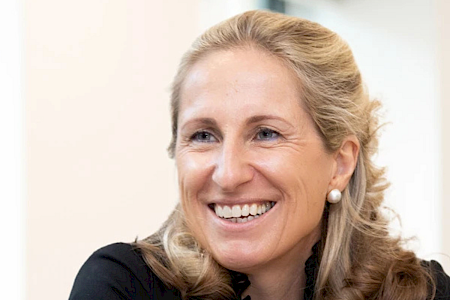If you could tell policymakers the things that would support you to enjoy life and age well where you live, what would you say?
That’s the question we’ve been tackling with older people living on England’s south coast as part of a pilot study in partnership with the University of Oxford and funded by the Royal Town Planning Institute, exploring how our neighbourhoods impact social connection in later life.
The UK has an ageing population – the number of people aged 75 and over has grown from around 4.5m in 2005 to around 6.5m now, and the number of people living beyond 100-years-old has doubled in that time. With increasing policy emphasis on ‘ageing in place,’ it’s crucial that older people have a voice on the things that affect their ability to live well and independently in their homes and local communities.
Recently, I attended the Healthy City Design international congress (HCD) in Salford with Dr Hannah Grove, from Oxford’s Global Centre on Healthcare and Urbanisation. The event welcomes delegates from the public, private, and third sectors talking about equitable, healthy, and sustainable urban design and development.
Urban regeneration was a prominent theme of the conference held in Salford Quays, including in the opening session, which focused primarily on large-scale developments and younger student or working populations. As this was my first time attending HCD, I was initially concerned about how the event would represent interest in health and wellbeing across someone’s life, along with these more commercial imperatives. Happily, I attended plenty of sessions focused on inclusive and connected neighbourhoods. I gained insight into projects designed for intergenerational social health and wellbeing and heard how architects and local authorities are working alongside researchers and community organisations.
There were discussions about how we create towns and cities that invite social participation – and, crucially, make it easy for people to take up the invitation. There was lots of talk about collaboration and people being ‘enduringly empowered’ to take part in the environments of their local communities.
It was clear from multiple panels and speakers that inclusive design benefits everyone; wherever we live, and there should be an ecosystem of support so that prevention of poor outcomes for health and wellbeing replaces the current patchwork of crisis-response delivery.
In a panel on neighbourhood design for ageing, Hannah spoke about using creative ‘geo-spatial’ research methods, in which participants are involved in collecting data relating to locations, including ‘go-along’ interviews that happen in or en route to a place that means something to an older person. She also shared some of the insights that a more personal qualitative approach can produce.
For instance, on a map, where Martha* lives appears to be well located for bus routes into town. However, as she gets older and faces mobility challenges, changes to pick up and drop off bus stops, as well as the step at her front door, have radically changed her ability to be part of her local community without someone’s help.
Hannah and I will be spending time with a Re-engage tea party group on the south coast of England to do some creative social world mapping. Annotating maps, drawing pictures, making a photo collage…what I love about these sorts of research methods is that things can take whatever form suits the people taking part. As well as reflecting on the places around them that matter, participants can imagine and bring to life a different, more accessible version of where they live and want to go on living.
There is relatively little existing evidence to inform decision-makers about older people’s everyday realities and experiences in their local areas. Our project aims to help build that evidence and make recommendations for creating age-friendly environments. We’ll be sharing our findings with people like town planners and local authorities.
*not her real name
-
View



